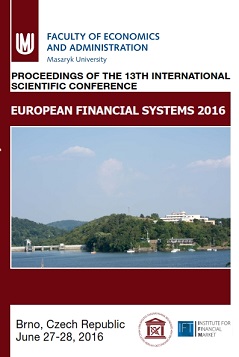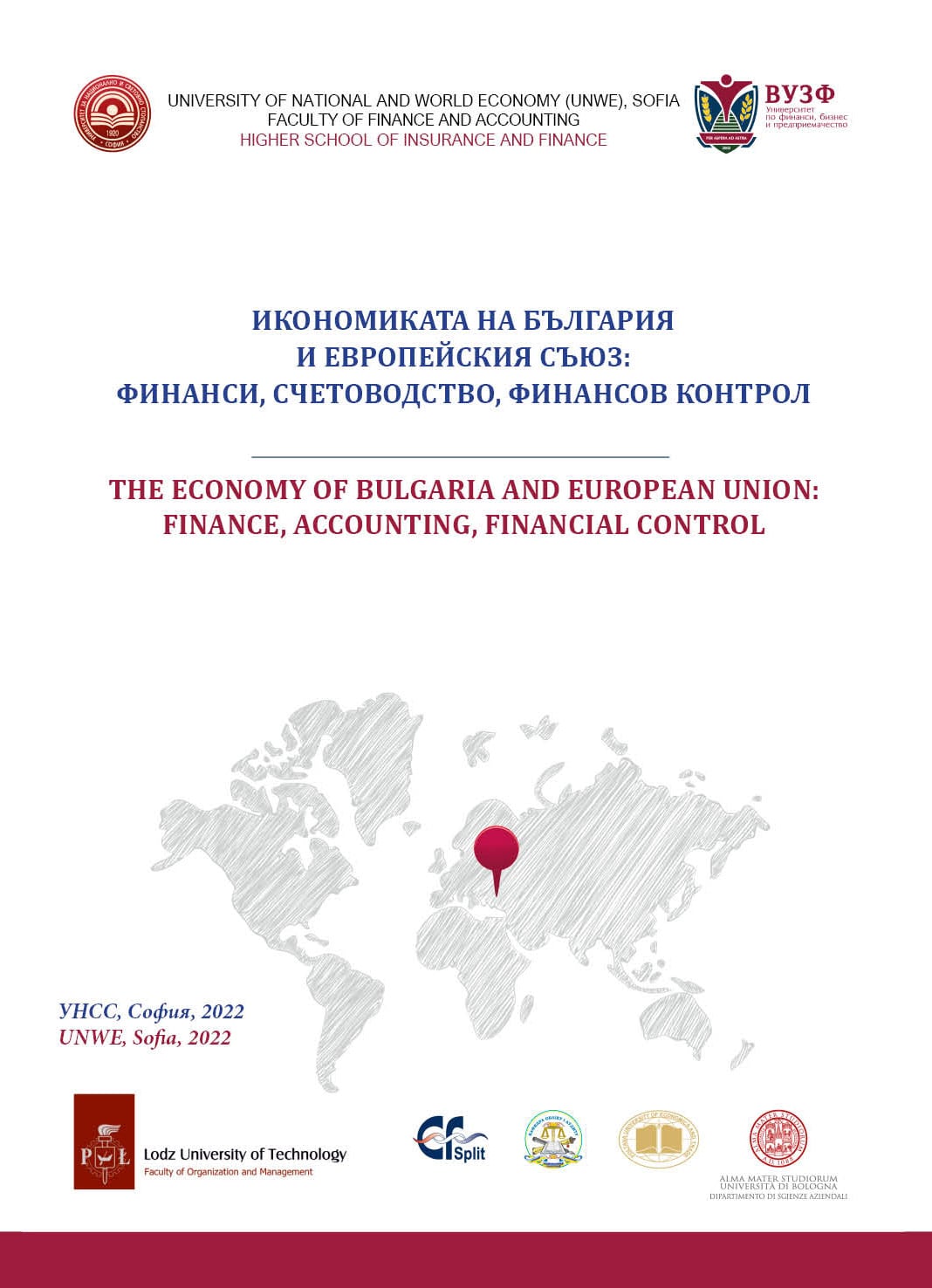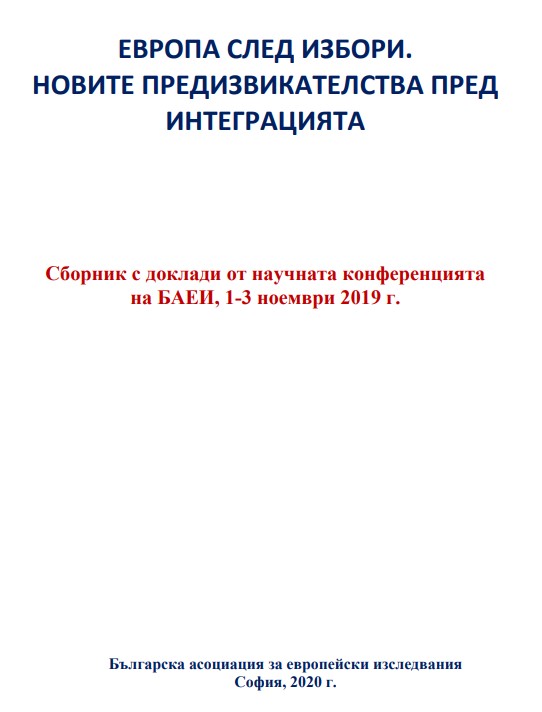
Holdings of Government Bonds by Commercial Banks during the Financial and Debt Crisis in Europe
The government bonds of the EU countries were considered a safe investment amongst investors and asset managers. The main motive for their holding by commercial banks was to achieve additional revenue from investing spare funds and to store liquidity in them since they can be quickly sold on the secondary market or used as a collateral in refinancing operations. In this working paper we focus on the current issues related to government bond holdings by commercial banks. With the advent of financial and debt crisis some countries failed to meet their liabilities connected with bonds towards investors. This changed the global view of sovereign bonds as the safest form of investment. Based on the analysis of data provided by the Statistical Data Warehouse of the European Central Bank we focus on the evolution of government bond holdings by commercial banks during the debt crisis in Europe in 2010 – 2014 in selected EU countries. By using the panel data regression we will try to estimate the impact of some of the significant determinants which influenced the volume of the holdings – namely credit rating of the sovereign bonds and their interest rates. This regression suggests that there is a correlation between these independent variables and the holdings by commercial banks.
More...







